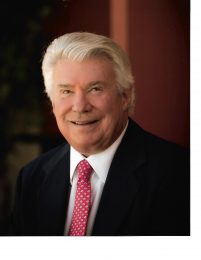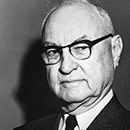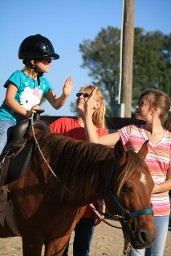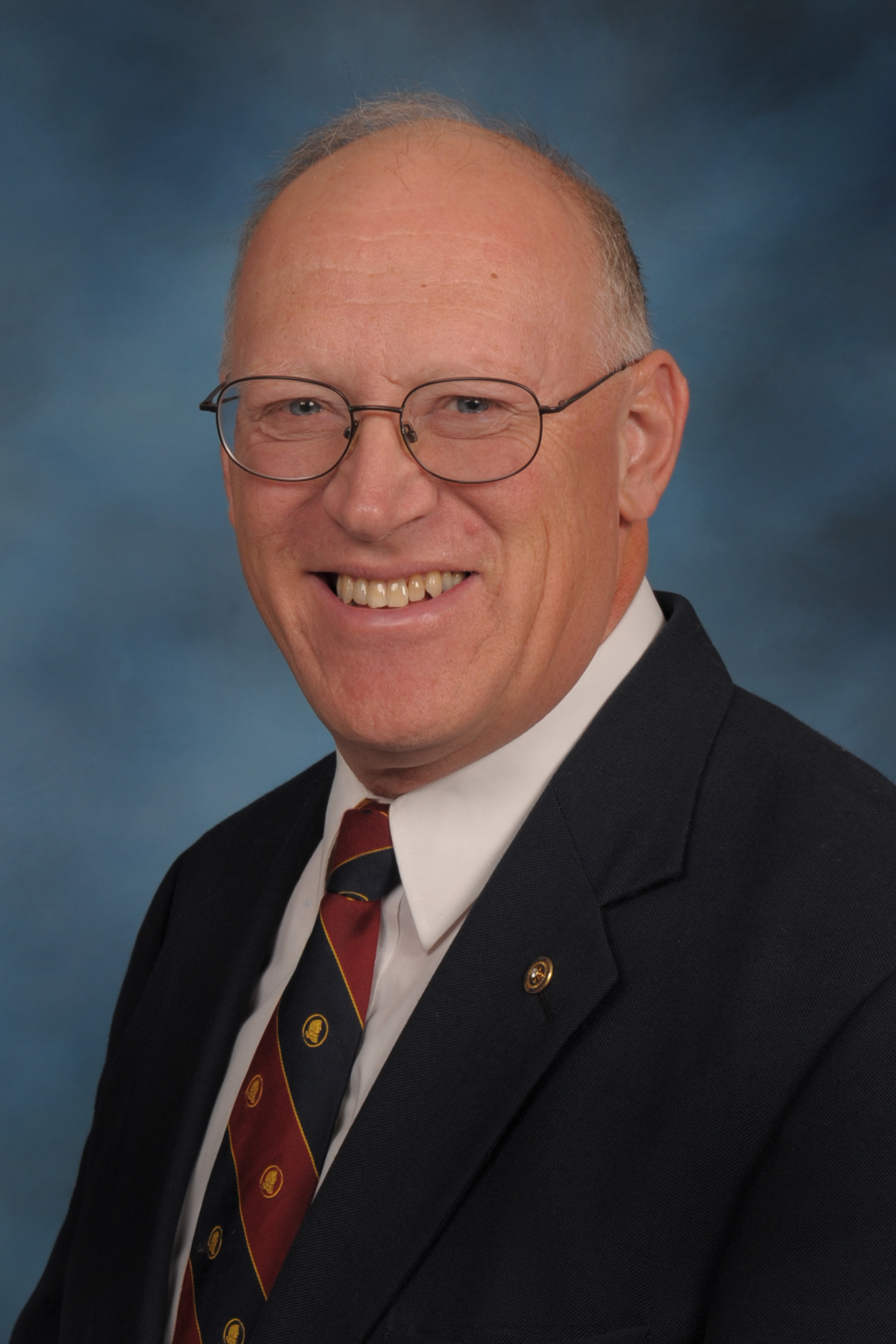Let’s go hunting. No, not for deer or turkey. Today we are going hunting for a geocache, a hidden container which we can find with the aid of GPS technology. The practice of finding geocaches is not only attracting visitors to Kansas, it is bringing a major gathering of geocachers to our state in spring 2017.
 Last week we met geocaching enthusiast Ryan Semmel. He is a leader of the effort to bring a major geocaching event to Kansas. After serving in the Army overseas and most recently at Fort Riley, he retired in Manhattan. Ryan and his wife have two daughters and a son.
Last week we met geocaching enthusiast Ryan Semmel. He is a leader of the effort to bring a major geocaching event to Kansas. After serving in the Army overseas and most recently at Fort Riley, he retired in Manhattan. Ryan and his wife have two daughters and a son.
Ryan enjoys geocaching, the practice of finding hidden caches outdoors through the use of GPS technology. The caches are small containers containing a logbook and, in some cases, trinkets for exchange. Someone will hide the cache and then post the location on the geocaching.com website for people to find. When a cache is found, the finder enters his or her user name in the logbook, exchanges gifts if desired, and then posts about it on the website.
Continue reading “Kansas Profile – Now That’s Rural: Ryan Semmel – Geocaching – Part 2”








